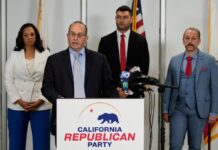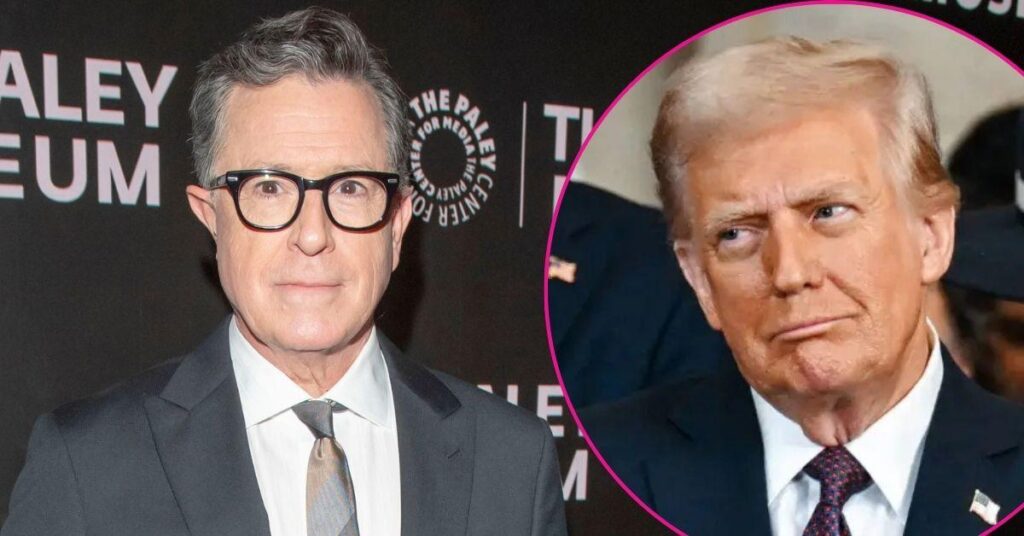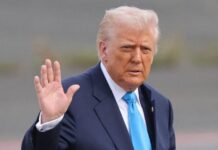Stephen Colbert has recently addressed the swirling rumors regarding the abrupt cancellation of The Late Show. Many viewers have speculated whether this decision was influenced by political factors, particularly in connection with Donald Trump. With the late-night landscape constantly evolving, such a significant shift raises eyebrows and piques interest. So, what exactly did Colbert say? And why does it matter? In this article, we’ll delve into his comments, explore the implications for late-night television, and consider the broader context of political influence in media.
Colbert’s Response to Cancellation Speculations
In a candid discussion, Colbert dismissed the notion that his show’s cancellation stemmed from political pressure. He emphasized that decisions in television often involve various factors, including ratings, production costs, and audience engagement. By addressing these speculations directly, Colbert aims to reassure fans that the integrity of his show remains intact.
Understanding Late-Night Television Dynamics
You might wonder why the cancellation of a late-night show could be interpreted through a political lens. The world of late-night television is not just about comedy; it’s also deeply intertwined with current events and public sentiment. Shows like Colbert’s have often been platforms for political commentary and satire.
Here are some factors that shape the environment:
The Role of Political Commentary in Media
Late-night shows have evolved into critical spaces for political discourse. Colbert and his contemporaries often tackle hot-button issues, creating a unique blend of humor and commentary. This fusion not only entertains but can also shape public opinion.
But how does this relate to Colbert specifically? His brand of humor often leans into political satire, which can make any cancellation appear politically charged. However, it’s essential to recognize that entertainment decisions are multifaceted and rarely black-and-white.
The Impact of Celebrity and Politics
Celebrity culture intertwines closely with politics, particularly in the entertainment sphere. As a prominent figure, Colbert’s opinions and actions are scrutinized, making it easy for the public to draw connections between his show and current political climates. Many viewers look to late-night hosts for commentary on pressing issues, which adds another layer of complexity to cancellations.
Ask yourself: how often do you turn to a late-night show for insights on political matters? It’s a common practice, and this reliance can amplify perceptions of political influence.
What Lies Ahead for Late-Night Shows?
As we look to the future, the landscape of late-night television will likely continue to shift. With changing viewer preferences and the rise of digital platforms, it’s clear that adaptation is crucial. Colbert’s recent comments may serve not only as a rebuttal but also as a call for understanding the broader context of entertainment.
Whether you’re a fan of Colbert or simply intrigued by the dynamics of late-night TV, the conversation about political influence in media is essential. It raises questions about how entertainment shapes our understanding of the world. And, who knows? The next chapter in late-night may surprise us all.























